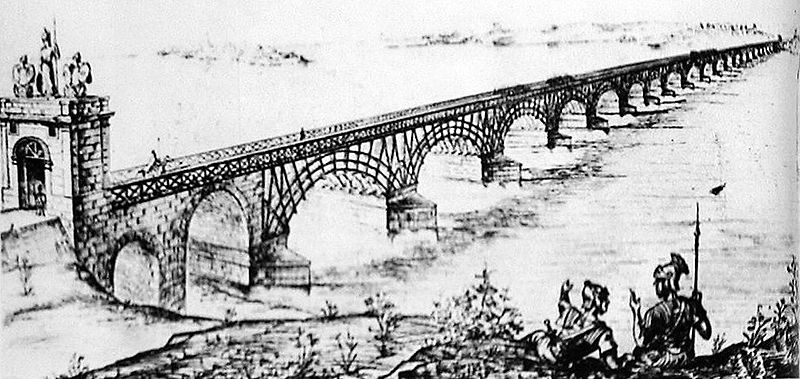The thread was not supposed to turn out to be the best in each individual field, it was supposed to be the greatest polymath.
Well, considering that architecture is a fusion of many different disciplines, it's quite possible to say that a great architect like Appolodorus fits the requirements. Take the Pantheon:
- A non-reinforced concrete dome measuring 43m, including an 8m oculus, an engineering marvel.
- A perfectly hemispherical dome, a work of great mathematical precision.
- Light coming through the oculus moves across the interior as the day progresses- a sort of reverse sundial effect- moving the focus of the interior across different sections, a work showing a great understanding of light.
- The original design showed masterful handling of classical architectural proportions, although supply shortages mean that the building falls a little short in that area (so Naskra isn't actually dead wrong...)
- The interior and exterior decoration- which, in those days, were organised, planned and often created by the architect- were superb examples of Roman art.
- The design of the entrance and interior shows great skill in guiding human movement and a great understanding of phsycology and sociology as applied to architecture.
In short, Appolodorus is easily fit to stand alongside Da Vinci and Newton as a master of many disciplines. (Sorry if I sound overly worshipful of Appolodorus, but when you're an architecture student you either get to worship him or Le Corbusier, and I prefer to go with the competent one.)
Architecture is far more than just drawing buildings. It's a head on collision between art, science, engineering, sociology, psychology, mathematics, design and a few areas unique to architecture, plus you have to be able to draw buildings. Often this collision can be rather messy, but when someone gets it right... Well, you get the Pantheon, among other things.

 ) can be considered the greatest and around equal to all the others.
) can be considered the greatest and around equal to all the others. )
)






 to this guy.
to this guy.